Crisis Response: Police Rethink Mental Health
When someone’s in the middle of a mental health crisis, their actions might seem erratic or even threatening, but often, it’s not about defiance. It’s about fear, confusion, or emotional pain. And how police respond in those moments can make all the difference. Tonight, we take a closer look at how the Belize Police Department is working to change the way officers handle these sensitive situations—through training, policy reform, and a renewed focus on compassion. Here’s more from News Five’s Isani Cayetano on police & mental health.
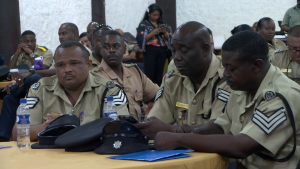 Isani Cayetano, Reporting
Isani Cayetano, Reporting
When someone is in the middle of a mental health crisis, their behavior can seem unpredictable or even non-compliant. But often, it’s not about defiance, it’s about fear, confusion, or emotional distress. Experts say that understanding this is key. When police officers are trained to recognize the signs and respond appropriately, they can de-escalate situations safely, protecting not just the individual in crisis, but themselves and the public as well.
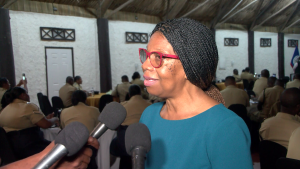
Karen Roberts
Dr. Karen Roberts, Pan American Health Organization
“We were having some challenges with crisis intervention and the use of force when it comes to clients with mental health conditions in the community. In addition to that, we also picked up that police officers, themselves, needed support in taking care of their own mental health.”
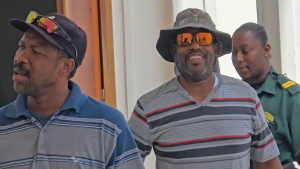
Leslie Martinez and Jason Shaw
It’s not just about the use of force. In many cases, officers’ decisions have come under fire, especially when dealing with people who have mental health challenges. There have been troubling instances where these individuals were left vulnerable, and some say they were even taken advantage of. Back in 2020, three police officers, including Leslie Martinez and Jason Shaw, were accused of crossing a serious line. They allegedly tried to cover up an incident involving a man and a woman they found in a compromising situation. What makes this even more troubling? Both individuals reportedly suffer from mental illness, raising serious concerns about abuse of power and the treatment of vulnerable people.
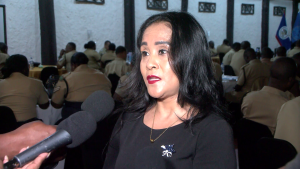
Yvette Quintanilla
Yvette Quintanilla, Mental Health Coordinator, MoHW
“We have been faced with different situations where some of our patients have been hurt and that is why we felt that it was very timely for us to update the manual in order for us to be able to train to prepare the police officers to have a better response whenever they are faced with patients who suffer from a mental illness.”
That handbook lays out exactly what officers are supposed to do when they respond to a situation involving someone with a mental illness. It’s meant to be their guide for handling these encounters with care and professionalism.
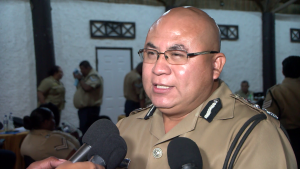
Richard Rosado
Dr. Richard Rosado, Commissioner of Police
“After two decades, the mental health manual, the mental health policy for the department needs revision, a revision that requires a holistic approach. A revision that requires a concerted approach.”
With that in mind, the Belize Police Department is teaming up with the Ministry of Health & Wellness and the Pan American Health Organization to give the current policy a much-needed update. They’re working together to make sure it reflects the realities of dealing with mental health in the field.
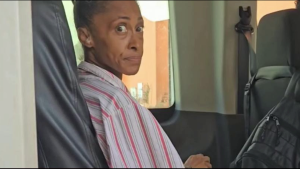
Allaire McDougal
Dr. Richard Rosado
“The revision is more than just procedural adjustments, it’s a recognition that we are moving towards a more progressive department, a department that requires a more balanced approach, that balances public safety and human dignity.”
Far too often, people living with mental illness end up behind bars when what they really need is medical care. That’s where proper training makes a big difference. When officers know how to recognize the signs, they can steer someone toward treatment instead of jail—connecting them with the help they actually need. Just a few weeks ago, Belizeans were left stunned and outraged. A fifty-seven-year-old retired nurse, Allaire McDougal, was sent to prison simply because she couldn’t pay a forty-eight-dollar bill. What made the situation even more heartbreaking? She’s living with a mental illness. For many, it was a painful reminder of how the system can fail those who need compassion—not punishment.
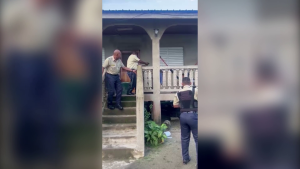 Yvette Quintanilla
Yvette Quintanilla
“We teach the police officers about the mental health conditions, the signs, the symptoms, how to be able to recognize it. We also teach them de-escalation techniques, how to approach patients, how to speak with them, how to tone down a very difficult situation that, you know, it might build up into something else.”
Police officers have a responsibility to treat everyone with respect, including those living with mental health conditions. With the right training, they’re better equipped to do just that. It helps them make smart, compassionate decisions and avoid actions that could land them, or their department, in serious legal trouble.
Dr. Karen Roberts
“One of the main objectives is to be able to equip police officers with the skills to be able to de-escalate crises, while working as part of a multidisciplinary response team. So it’s not just police alone, but health has a role. We anticipate there’s going to be a role for social services and other agencies, depending on how the country defines that multidisciplinary team.”
At the end of the day, when officers respond with professionalism and compassion, everyone benefits. The person in crisis gets the help they need, families feel supported, communities stay safer, and the justice system works the way it’s supposed to. Isani Cayetano for News Five.




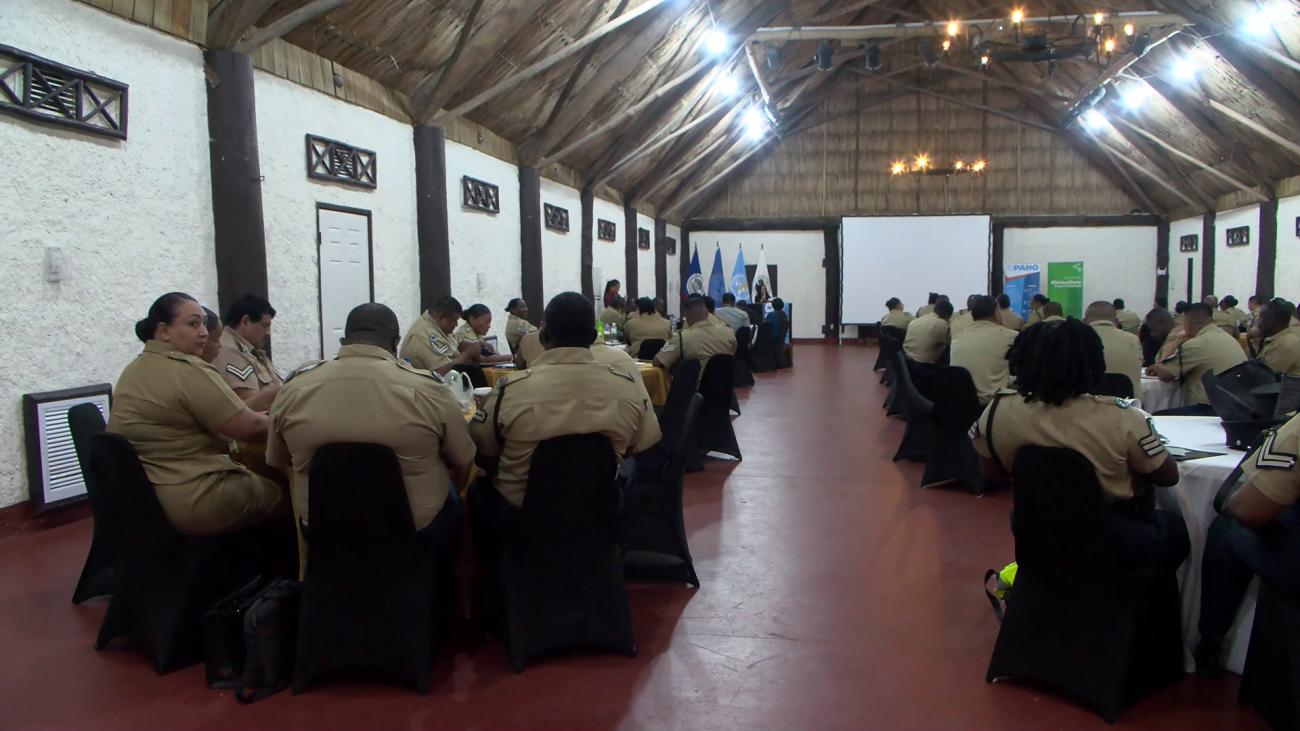

Facebook Comments